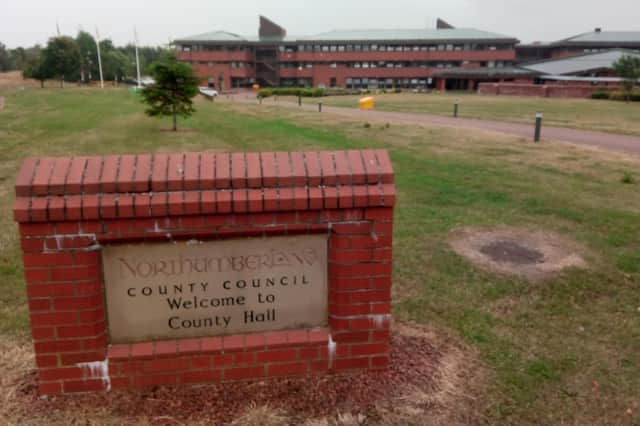Northumberland council planning for ‘future large-scale contact-tracing process’


Towards the end of last week, Health Secretary Matt Hancock announced that 18,000 people will be hired to perform contact tracing, as part of the next phase of the fight against the COVID-19 pandemic.
Contact tracing – with a mobile-phone app likely to play a key role as well – aims to find anyone who may have been in contact with those who have coronavirus in order to help track the infection. Anyone exposed would then have to self-isolate to avoid the disease spreading further.
Advertisement
Hide AdAdvertisement
Hide AdReports suggested that council staff, as well as other civil servants, could be involved as part of these efforts and Northumberland’s director of public health (DPH) has said that while no specific request has been made yet, it is planning for such an initiative.
Liz Morgan said: “We have not yet received a request to identify a cohort of people who could support any future large-scale contact-tracing process.
“We are, however, planning for such an initiative – thinking about how many might be needed for Northumberland; the sort of skill sets that would be required; the training needed and how that might be delivered; and how such an initiative would be managed and coordinated on the ground.
“There are staff groups within the council who would have appropriate skill sets, however, we could also potentially draw on volunteers within our communities.
Advertisement
Hide AdAdvertisement
Hide Ad“This will require close cooperation with our regional Public Health England colleagues, who we anticipate would be leading on the coordination of the process.”
The same day these comments were made, Richard Gleave, the deputy chief executive of Public Health England (PHE), wrote to all DPHs about contact tracing.
His letter states: ‘There will be a national-level recruitment initially of around 18,000 staff (around 3,000 qualified public health and clinical professionals and around 15,000 call handlers) to undertake the phone-based contact tracing with both the cases and the contacts.
‘These staff will work under the leadership of the PHE-led national function working alongside an external logistics partner and we are exploring the regional and local footprints that will enable the service to link with local community support to people who need to self-isolate.’
Advertisement
Hide AdAdvertisement
Hide AdCoun Ian Hudspeth, chairman of the community wellbeing board at the Local Government Association, which represents councils, said: “Any national plans by the Government to track and trace coronavirus needs to be complemented by making use of existing local knowledge and skills on the ground.
“Councils want to play their full part in the national effort to defeat this disease,” he added, noting that DPHs and other staff in councils ‘already have the experience of testing and contact tracing in their communities’.
“Some of these workers may need to be supported by recent graduates, retired staff, trainees and other civil servants to help meet demand, monitor compliance with government advice and enforce health protection regulations.
“This extra demand on existing services would need to be met by additional resources and funding, if councils are to help test, trace and isolate those with COVID-19.”